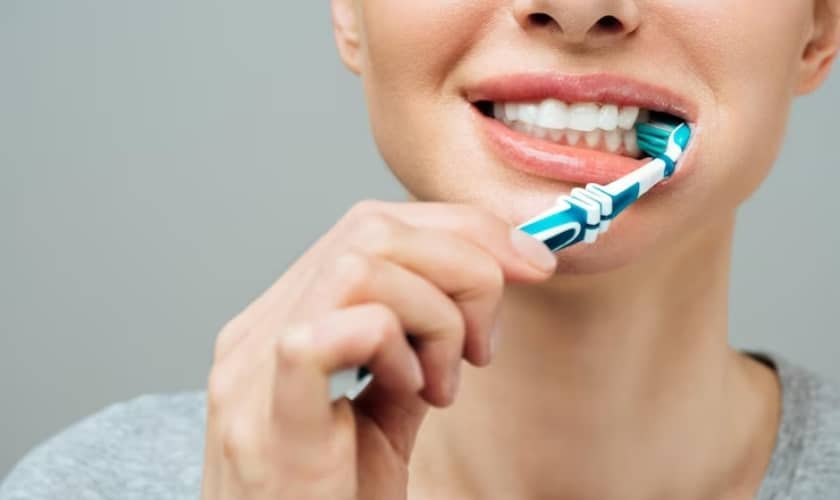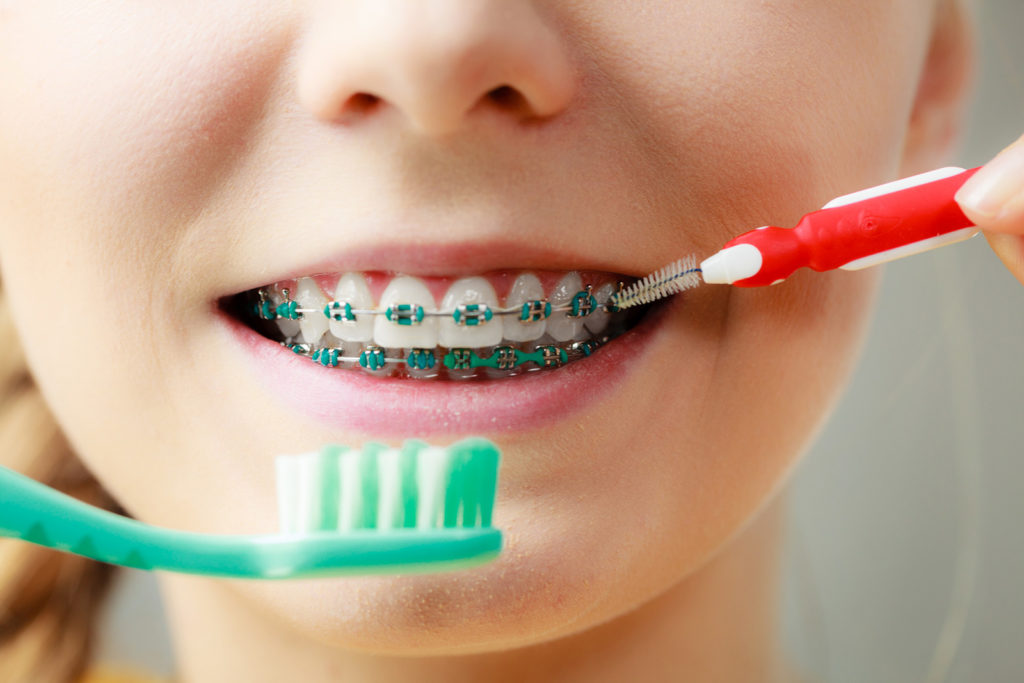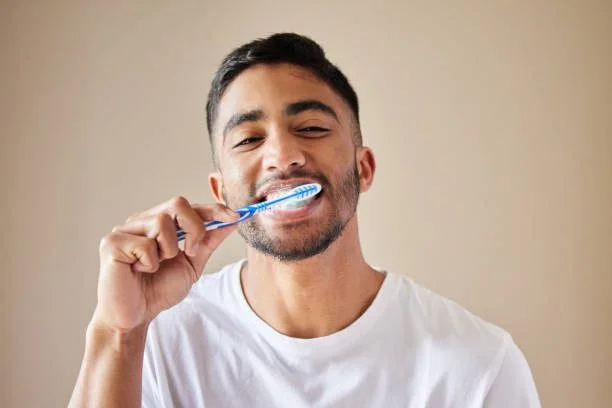Brushing After Whitening Strips: A Guide to Post-Treatment Care
Achieving a brighter smile with whitening strips is a popular choice. However, a frequent question arises after treatment: should you brush your teeth right away? This guide dives into the science behind whitening strips, explores the potential effects of immediate brushing, and offers a breakdown of best practices for post-treatment care.
Understanding Whitening Strips
Whitening strips are thin, flexible adhesives coated with a bleaching agent, typically hydrogen peroxide or carbamide peroxide. These agents work by gently breaking down stain molecules on the surface of the enamel, the hard outer layer of your teeth.
The Importance of Post-Treatment Care
While whitening strips are effective for brightening smiles, the post-treatment period is crucial for optimal results and tooth health. Here’s why:
- Temporary Enamel Sensitivity: The bleaching process can temporarily weaken and soften tooth enamel. Brushing too soon after application might increase sensitivity or cause abrasion.
- Open Pores: During the whitening process, the enamel pores open slightly to allow the bleaching agent to penetrate. Brushing immediately after application could remove the whitening agent before it has a chance to work effectively.
Brushing After Whitening Strips: To Wait or Not to Wait?
Expert opinions vary slightly on the ideal timing for brushing after using whitening strips. Here’s a breakdown of the two schools of thought:
- Waiting for Optimal Results: Many dentists recommend waiting at least 30 minutes to an hour after removing whitening strips before brushing your teeth. This allows the enamel to rehydrate and reharden, minimizing sensitivity and ensuring the whitening agent has sufficient time to work.
- Brushing for Freshness: Some experts acknowledge the desire for a clean and fresh mouth after treatment. They suggest gentle brushing with a soft-bristled toothbrush and fluoride toothpaste after 30 minutes. This approach aims to remove any residual gel while minimizing the risk of irritation.
The Best Practices for Post-Treatment Care
Regardless of the chosen approach (waiting or gentle brushing), here are some key post-treatment practices to optimize results and protect your teeth:
- Gentle Brushing: For the first few days after using whitening strips, use a soft-bristled toothbrush and avoid harsh scrubbing. This minimizes the risk of irritating sensitive teeth.
- Fluoride Toothpaste: Fluoride strengthens tooth enamel and helps prevent cavities. Using a fluoride toothpaste after whitening strips is crucial for maintaining oral health.
- Sensitivity Relief: If you experience tooth sensitivity, using a toothpaste formulated for sensitive teeth can provide relief.
- Mindful Eating and Drinking: For the first 24-48 hours after treatment, avoid dark-colored foods and beverages like coffee, red wine, and berries that can stain teeth more easily.
- Maintain Oral Hygiene Routine: Continue your regular oral hygiene routine of brushing twice a day and flossing daily to remove plaque and prevent staining.
FAQ on Brushing After Whitening Strips
Q: Can I brush my teeth immediately after using whitening strips?
While not necessarily harmful, it’s generally not recommended. Waiting at least 30 minutes allows the enamel to reharden and reduces the risk of sensitivity or removing the whitening agent prematurely.
Q: What if I forget and brush my teeth right after using strips?
If you accidentally brush your teeth too soon, don’t panic. Simply avoid brushing again for a few hours and follow the recommended post-treatment care for the remaining days.
Q: How long should I wait to resume my regular diet after using whitening strips?
For optimal results, avoid staining foods and beverages for at least 24-48 hours after treatment. After that, you can gradually resume your regular diet.
Q: How often can I use whitening strips?
Follow the manufacturer’s instructions for frequency of use. Generally, whitening strips are used for a specific period (e.g., 7 or 14 days) and then discontinued for a set amount of time before reapplication.
Q: Should I see a dentist before using whitening strips?
While not always necessary, consulting your dentist before using whitening strips is a good idea. They can assess your oral health, ensure whitening strips are suitable for your teeth, and offer guidance on proper use and post-treatment care.
By understanding the science behind whitening strips and following these post-treatment care tips, you can achieve a brighter smile while maintaining healthy teeth. Remember, consulting your dentist is always recommended for personalized advice on whitening treatments and oral health.




